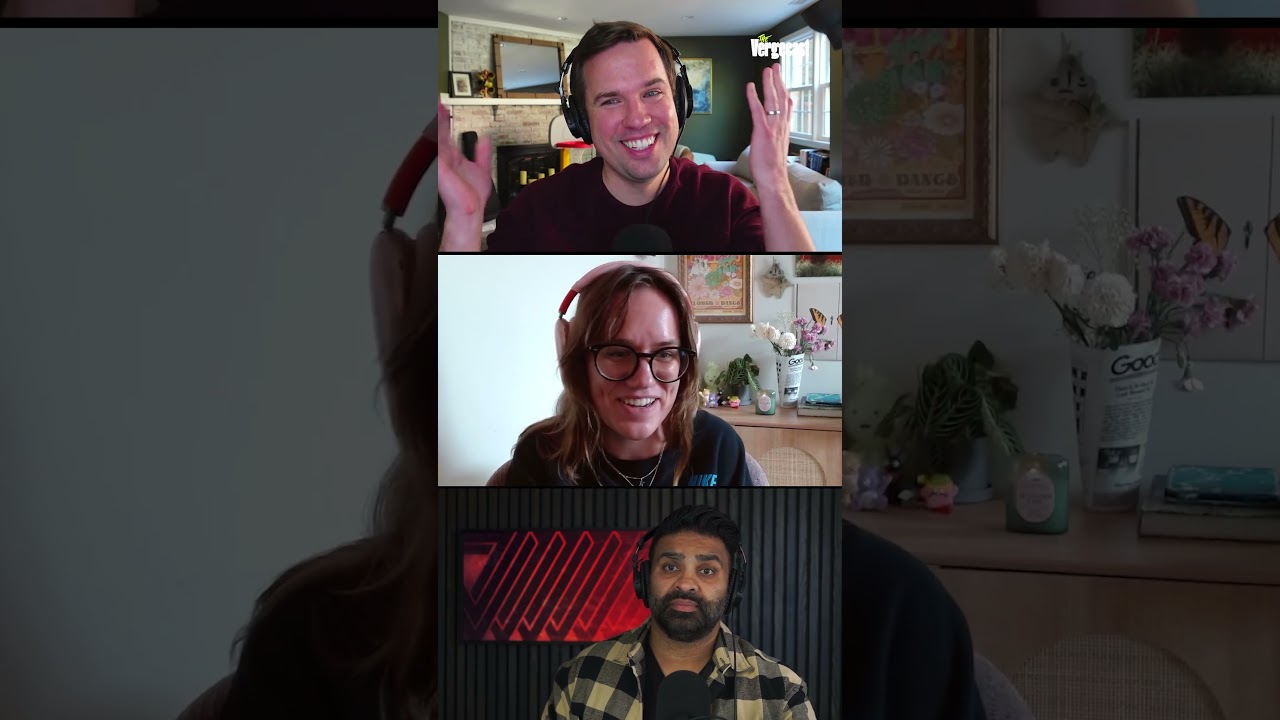The video discusses OpenAI’s new image generation capabilities in ChatGPT, showcasing its ability to create realistic images, including those of recognizable figures and characters, while raising ethical and legal concerns about copyright infringement. The speaker highlights the challenges AI companies face in navigating copyright laws, particularly as they rely on vast datasets that include copyrighted material, and expresses skepticism about the feasibility of justifying the use of such material in AI-generated content.
In the video, the speaker explores OpenAI’s new image generation capabilities within ChatGPT, highlighting their initial attempts to test the system’s limits. They describe a scenario where they generated an image of a fictional social media executive resembling Mark Zuckerberg, demonstrating how easily the tool can create images of recognizable figures. This raises concerns about the ethical implications of generating images of famous people, even in a fictional context.
The speaker notes a trend in generating images inspired by Studio Ghibli, expressing surprise at the quality and accuracy of the outputs compared to other image generation tools. They emphasize that the new system excels in producing realistic images and accurately capturing specific artistic styles, making it a standout option available to users. The speaker shares a personal experience of uploading a mirror selfie and being impressed by the tool’s ability to replicate depth and lighting effectively.
Additionally, the speaker recounts a creative experiment where they combined their photos from Amsterdam with a request to add a Totoro-like character. The resulting image included Totoro, which raised questions about copyright infringement and fair use, particularly given the recognizable nature of the character. This situation highlights the potential legal risks associated with using AI-generated images that draw from existing copyrighted works.
The video delves into the broader issue of copyright infringement within the AI image generation industry. The speaker points out that many AI tools, including those from OpenAI and Google, rely on vast datasets that include copyrighted material, leading to significant legal concerns. They express skepticism about how these companies can navigate copyright laws while continuing to develop their technologies.
Finally, the speaker reflects on the ongoing discussions between AI companies and lawmakers regarding potential exceptions to copyright law. They express doubt about the feasibility of justifying the use of copyrighted material in AI-generated content, questioning how judges might rule on such cases. The video concludes with a critical view of the industry’s reliance on existing intellectual property and the challenges it faces in addressing these legal complexities.
